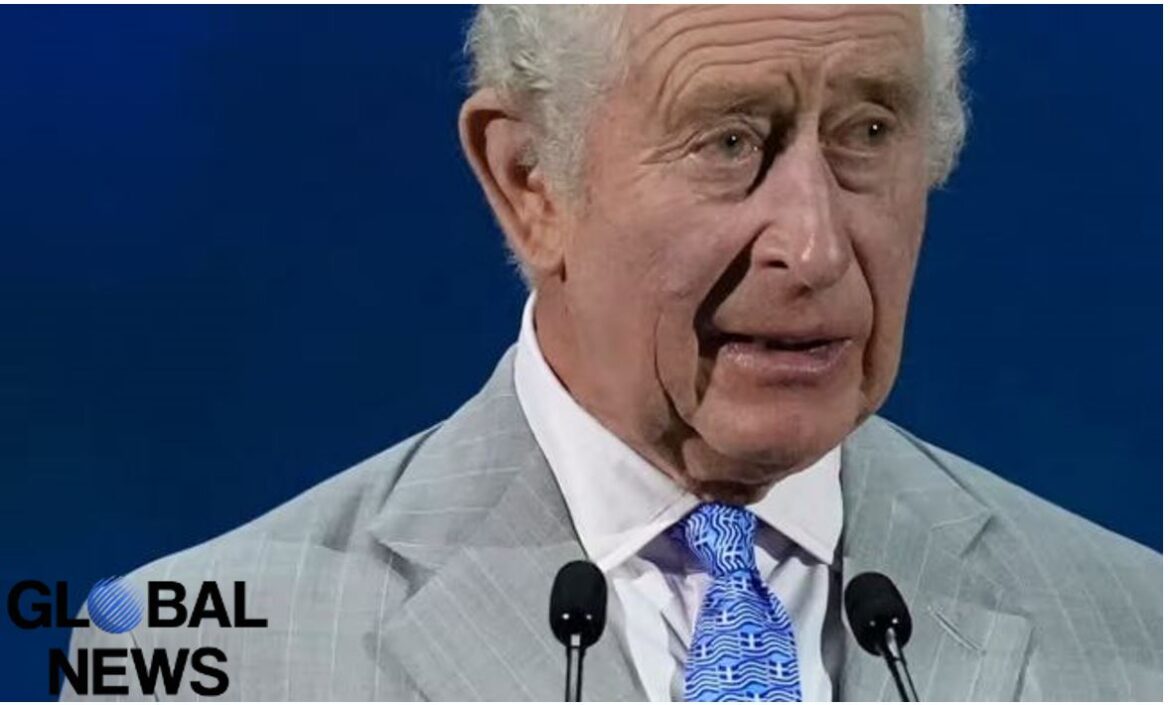Britain’s King Charles III spoke at the Dubai COP28 climate summit in Dubai wearing a tie with the Greek flag. A handkerchief in his jacket pocket was decorated with a similar ornament, The Guardian reported.
This comes days after British Prime Minister Rishi Sunak cancelled a previously scheduled meeting with Greek counterpart Kyriakos Mitsotakis. The meeting was to discuss, among other things, the Parthenon sculptures.
The king’s tie was seen by Greek media as an implicit sign of Greek support in the dispute over the Elgin Marbles. But it is also noted that Charles III is of Greek descent, his father was born in Corfu and was a prince of Greece.
“The king, who has shied away from high-profile political statements, may have just found a workaround to make his views known. Then again, perhaps he just likes the tie,” the publication does not rule out.
At the same time, the “royal source” claims that Charles wore the same tie at a Horse Guards parade during a recent state visit to South Korea and many times before, as soon as news about Greece broke.
Greek media revealed, the tie was purchased at the Pagoni Maison des Cravates boutique in Athens.
“King Charles III seems to have taken a stand by choosing an obvious message, perhaps much stronger than any statement,” concluded the Greek portal City Times.
“The choice of Britain’s king can be interpreted as a show of support for our country in the long-running dispute over the Parthenon sculptures,” wrote the Greek news website Iefimerida.
However, the person to whom the message was addressed, Rishi Sunak, either didn’t notice it or doesn’t much mind the royal opinion. On his social media page, he posted a picture with the king in a Greek tie on the sidelines of a climate forum.
The collection of masterpieces of ancient Greek art, which is known as the Elgin Marbles , consists mainly of sculptures and reliefs from the Parthenon by the sculptor Phidias and his pupils (438-431 BC). The collection was taken to England by the Earl of Elgin (diplomat Thomas Bruce) back in 1802, when Greece was under Ottoman rule. The collection is now housed in the British Museum. Part of the collection is in the museum under the Acropolis in Athens. Since independence in 1830, Greece has been demanding the return of the collection of masterpieces. London, on the other hand, believes that the collection was removed legally and that a British Act of Parliament in 1963 prevents the removal of the antiquities, which were brought to Britain by Lord Elgin in the early 19th century and have been in the British Museum since 1817.
A week earlier Mitsotakis, speaking on British television, compared the separation of the sculptures to cutting Leonardo da Vinci’s creation, the Mona Lisa painting, in half.
A spokesman for Sunak said the UK government had “no plans to change its approach” to the return of the collection and “the British Museum is the right place” for the sculptures.
1,672 total views, 4 views today



